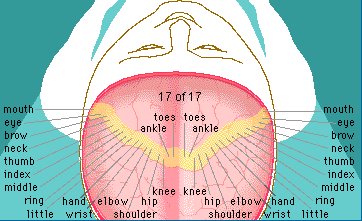There's no single description for what life is like for all individuals with PTSD. Because of the many possible levels of traumatization, the symptoms vary considerably. For some, life becomes a boring, meaningless pursuit, with no emotional ups and downs, nothing to get excited about. For others, it is a perpetual struggle, and threats are everywhere. They are constantly uptight and on their guard, anticipating trouble at times when others would be relaxed. For still others, life becomes a big drag; they're depressed, and they slog through their days isolated from the rest of the world.
But despite all the differences, certain common themes weave through the experience of everyone who has a trauma disorder. If you or a loved one has been traumatized, you should be able to recognize these themes.
When a traumatization persists for more than a few weeks, it begins to become a whole way of life, and everything that matters to you is affected. It's not just the intrusive thoughts, it's the life you're leading as well, particularly the way you feel about yourself and where you belong in the world of people. The effects of the trauma itself—what I call the initial trauma—can be viewed separately from the changes in your relationships with other people (the relational trauma). Initial trauma refers to the direct effects of the trauma on your thoughts and emotions—the reexperiencing, the avoidance/emotional numbing, and the hyperarousal. Relational trauma refers to the changes in your relationships and the way in which you view yourself, which is influenced by your relationships. This disruption of your social world is reflected in your symptoms of alienation and your difficulty with relationships. Let's look at one of the examples from Chapter 1 in order to get a feel for the basic difference between the symptoms of the initial and relational traumas.
http://www.emotionalsafety.net/brink/2.htm
Monday, August 13, 2007
Subscribe to:
Post Comments (Atom)

http://www.windyweb.com/stop.htm














No comments:
Post a Comment